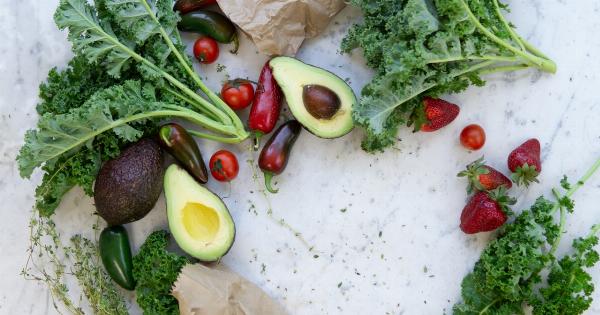Avocados have become one of the most popular foods in recent years, thanks to their delicious taste and numerous health benefits. Avocado is considered a superfood because it is loaded with essential vitamins, minerals, and healthy fats.
But as with any food, there is always the risk of contamination. So, is your avocado safe to eat? Let’s find out.
What are the risks of eating contaminated avocados?
Avocados can be contaminated by bacteria such as Salmonella, Listeria, and E. coli, which can cause severe foodborne illnesses.
The contamination can occur at any stage of production, from the farm to the grocery store, or even in your home if you don’t handle the fruit properly.
The symptoms of foodborne illnesses can range from mild to severe and may include diarrhea, vomiting, fever, abdominal pain, and even death in extreme cases.
People with weakened immune systems, pregnant women, young children, and the elderly are at higher risk of developing severe symptoms.
How to minimize the risk of contamination?
While it is impossible to completely eliminate the risk of contamination, there are steps you can take to minimize the risk:.
Buy from a reputable source
When buying avocados, choose a reputable supplier who follows proper food safety standards. Check the condition of the fruit before buying. The skin should be free of any bruises, cuts, or soft spots, which can increase the risk of contamination.
Wash the fruit before cutting
Wash the avocado under running water before cutting it to remove any potential contaminants on the skin. If you are unsure about the cleanliness of the fruit, you can use a produce wash solution or vinegar and water to rinse it.
Store the fruit properly
Store the avocados at room temperature until they are ripe. Once they are ripe, you can store them in the refrigerator to slow down the ripening process.
Make sure to keep the fruit away from other produce or meats in the refrigerator to avoid cross-contamination.
Handle the fruit properly
When cutting the avocado, make sure to use a clean cutting board and knife. Do not touch the flesh of the fruit with your hands until you have washed them thoroughly.
If you are storing leftover avocado, cover it tightly with plastic wrap or store in an airtight container.
Conclusion
Avocados are delicious and nutritious, but like any food, they can pose a risk if not handled properly. By following proper food safety practices, you can minimize the risk of contamination and enjoy the many health benefits of this superfood.






























